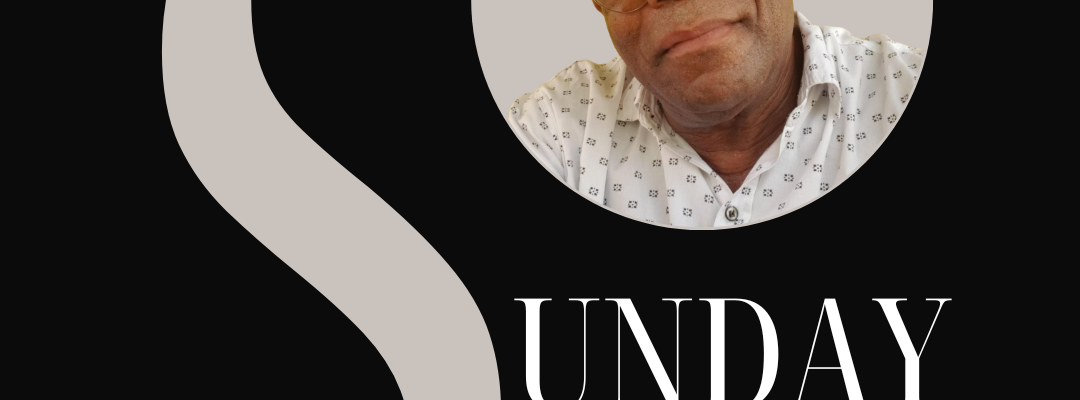

Jamaica’s crime problem has reached proportions that not even the nation’s forefathers envisioned when foundations were being erected upon which to build.
For too long Jamaica has been plagued by various acts of crime and violence, worst among them being murders which no political administration has been able to contain since the 1960s.
With the number of people murdered in Jamaica getting beyond 1,500 in some years, and at least an average of 1,300 in the last three decades, there is no clear path toward ridding Jamaica of its most serious challenge since Independence from Great Britain in 1962.
Instead, when one year’s murder toll declines over the previous one, you will hear all manner of things about that 15 per cent, or 17 per cent drop, not considering that the overall statistics remain quite frightening.
The 1,000-murder mark has been breached again this year, and you are going to hear that, oh, murders are down when compared to last year. But a country like Jamaica should not be maintaining those figures in this age.

Nothing has been achieved by changing ministers of national security, police commissioners and army chiefs. So, there must be other issues involved.
A surge in mass killings in recent months reminds me of how gunmen used to ‘hot up’ the place during the 1990s when I covered crime scenes where blood flowed like a river. I remember clearly a lane above Jacques Road in eastern St Andrew and 100 Lane off Red Hills Road where seven people were butchered on separate days. In fact, not even chickens and goats being raised through subsistence farming methods were spared.
How brutal have we got as a nation? Yet, there are glaring holes in legislation that the judicial system has to work with; the number of corrupt police personnel has increased, while technological advancements, like the use of cameras that the police ought to have had in place at a time like this, are still woefully inadequate.
There are some ruthless creatures in the Jamaican space, but I do not believe that the legislators who have their security setups understand just how bad things are for the average man.
Who facilitated that taxi driver?
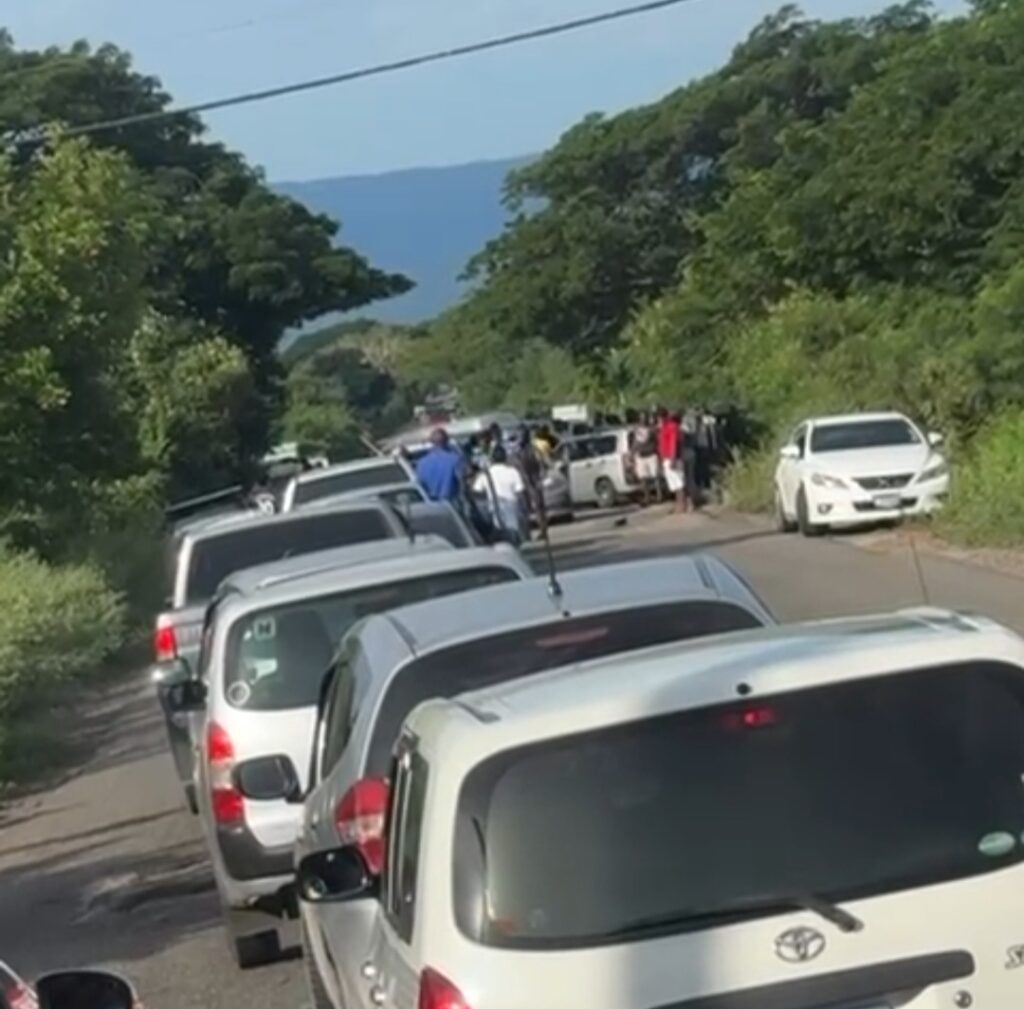
Sadness clouded the land last week after two students of Lennon High in Mocho, Clarendon died in a crash.
The sad part about that incident though, was that the driver of the vehicle in which they were travelling as they headed to school, deemed to be an illegal taxi, ran from the scene, and according to the police, ended up at Norman Manley International Airport in Palisadoes where they theorised he had gone to try and fly out of Jamaica.
Questions arise right away: How did he get to the airport after he was involved in such a horrific accident? Would he not have to be facilitated by others in arriving at the airport, and possibly being treated for injuries that he would have sustained? What explanation would he have provided to those who assisted him in the getaway?
The police have said that they are investigating, and one piece of information that must be determined is how many accomplices were involved. They must be dealt with swiftly and decisively.
John Campbell used as a scapegoat
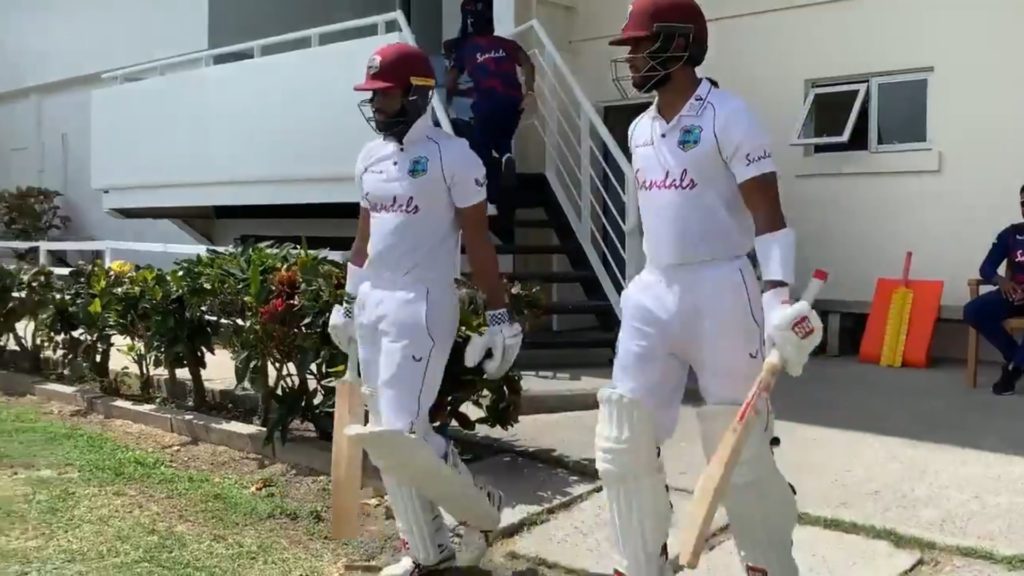
So, the ill-fated final of the West Indies 50-over cricket competition which was not played in Trinidad and Tobago last month, due to a host of issues, has resulted in the four-match suspension of newly-reinstated Jamaica Scorpions team captain John Campbell.
Back from a 22-month ban imposed on him for missed doping tests, Campbell appeared to have been the scapegoat in a matter that was handled poorly by Cricket West Indies, the governing body for the sport in the Caribbean region.
It is known already that the final between Barbados and Jamaica was badly affected by rain, and after countless inspections of the field and pitch by officials, a belated decision was made to have a 25-over match. Reports said subsequently, that both captains, Campbell and Raymon Reifer, declined to turn up for the toss and the match was called off.
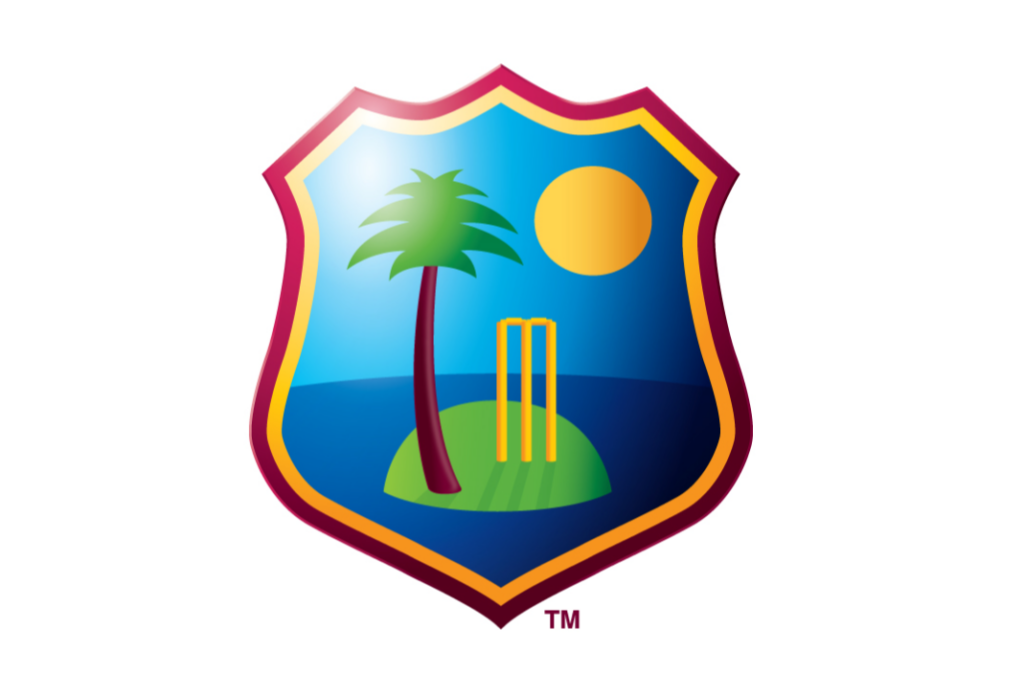
Jamaica decided against backing Campbell going up against a disciplinary committee, urging him to enter a guilty plea instead, offer an apology, and leave with a suspension, while Barbados appear to be contemplating backing Reifer in what could turn out to be a crucial legal matter.
Should Reifer not respond to written communication sent to him by Cricket West Indies, a penalty will be handed down against him. Should he, backed by the Barbados Cricket Board, take the matter to court, it would be quite interesting, and could likely end in victory for Reifer, which could end in shame for Jamaican officials who refused to defend Campbell.
The decision that led to Campbell not turning up for the toss was not made by him alone or maybe, at all. So why then should he suffer back-to-back sanctions? Clearly, something is wrong. Very wrong. And Campbell should never have been used as a scapegoat in the matter.
Garvey Maceo’s shining example to all
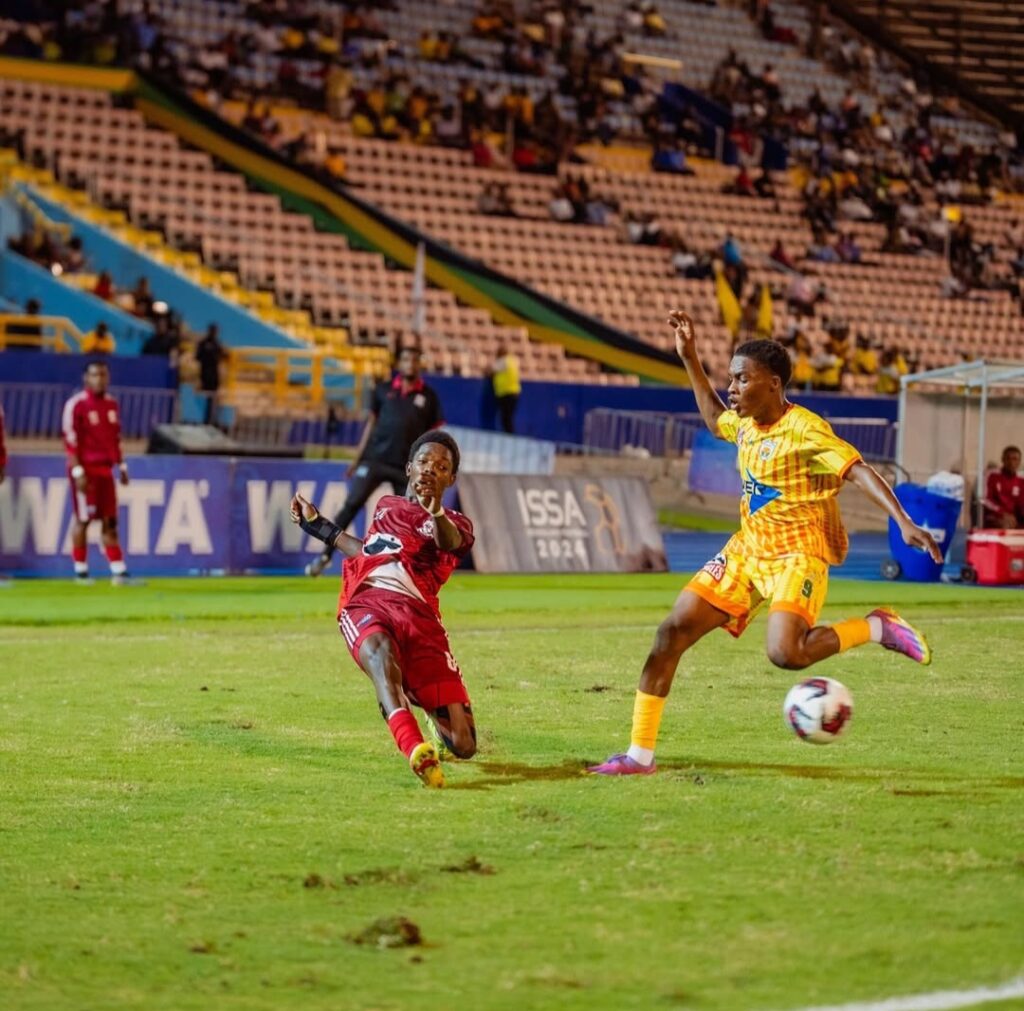
If ever there was a performance worthy of high praise, it came last Saturday evening when Garvey Maceo High School exhibited steely resolve to defeat McGrath High School in the final of the daCosta Cup football competition.
Played among high schools in rural Jamaica and the city of Montego Bay, the daCosta Cup final played at the National Stadium, lived up to its earlier billing as one to watch.
Garvey Maceo, based in south west Clarendon, had won the title twice before, while for McGrath, one of the emerging young talents from north west St Catherine, it was their first.
As things turned out, McGrath High took the lead early in the first half, and appeared set to make the final a historic one.
But Garvey Maceo never rolled over and played dead. Their numbers fought throughout to be on level terms, and that moment came a mere two seconds to go before the final whistle, thus sending the match into a penalty shootout during which all five kicks were on target, while their opponents missed a crucial one.
The incredible fight that the school put up demonstrated the attitude, energy and ability of the men whom the school was named after. Marcus Garvey, Jamaica’s first National Hero, was the kind of man who never gave up in his quest to achieve the finest; in his case, for the people of Jamaica.
Antonio Maceo, a Cuban army general, who had been wounded many times in battle during Cuba’s 30-year fight for independence from Spain in the 19th century, never backed away from a legitimate conflict. Like Garvey, Maceo is a Cuban National Hero, and remains revered today.
The Garvey Maceo community and the Government and people of Cuba must be proud of what the school, a gift from the Spanish-speaking Caribbean state to Jamaica during the 1970s, has achieved, not only in sport, but academic work as well.

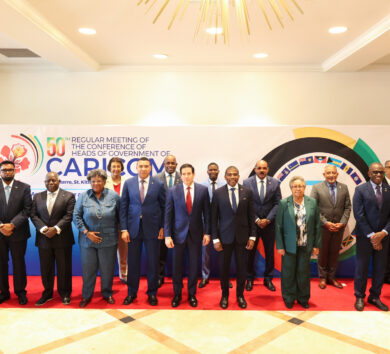
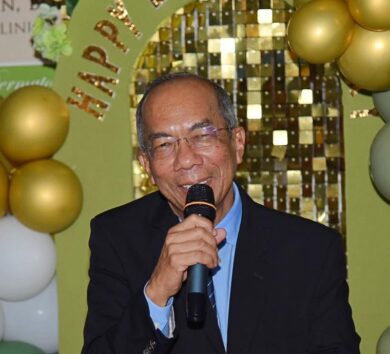
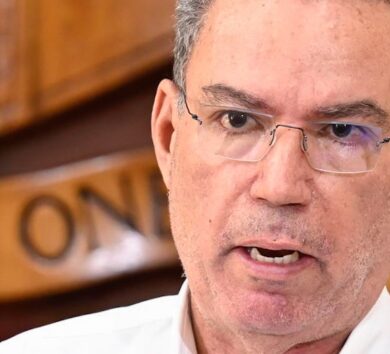
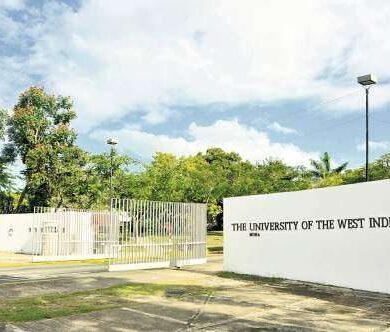

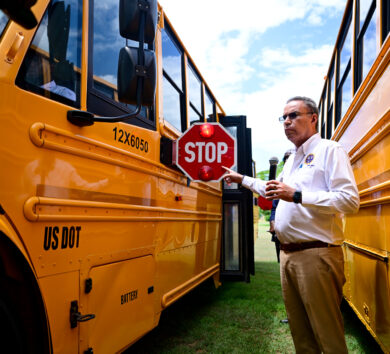
Comments